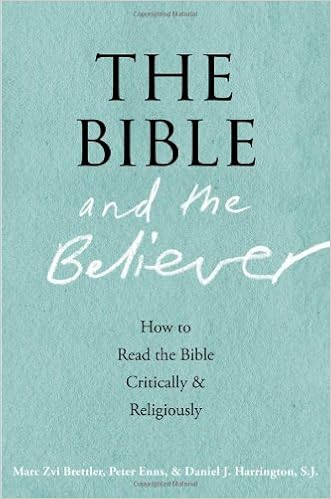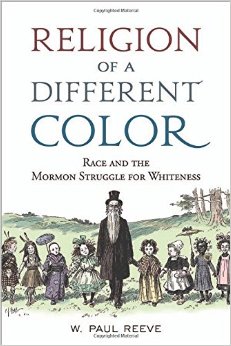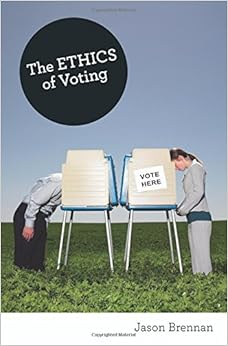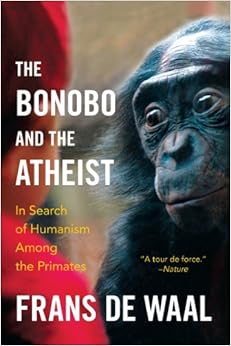This is part of the DR Book Collection.
 As I was writing this post, I learned that author and speaker John Bradshaw passed away just this last month. A bit of personal history: I’ve been going to therapy on and off for the last few years. As I learned more about shame and its debilitating effects, I sought out sources on shame from both my therapist and friends who were also professional therapists. One of these sources was Brené Brown’s work, which I’ve written about here before. But the very first resource given to me was a lecture by John Bradshaw on shame and addiction. Despite his somewhat folksy, almost Southern Baptist-like way of speaking, the ideas he presented were illuminating and paradigm shifting.
As I was writing this post, I learned that author and speaker John Bradshaw passed away just this last month. A bit of personal history: I’ve been going to therapy on and off for the last few years. As I learned more about shame and its debilitating effects, I sought out sources on shame from both my therapist and friends who were also professional therapists. One of these sources was Brené Brown’s work, which I’ve written about here before. But the very first resource given to me was a lecture by John Bradshaw on shame and addiction. Despite his somewhat folksy, almost Southern Baptist-like way of speaking, the ideas he presented were illuminating and paradigm shifting.
I finally got around to finishing his popular book Healing the Shame That Binds You. “As a state of being shame takes over one’s whole identity,” writes Bradshaw. “To have shame as an identity is to believe that one’s being is flawed, that one is defective as a human being. Once shame is transformed into an identity, it becomes toxic and dehumanizing” (pg. xvii). This toxic shame leads to perfectionism, compulsion, addiction, co-dependency, etc. Bradshaw gets into the nitty-gritty, discussing sensitive topics from violence to incest (both emotional and physical). The book is an emotionally difficult, but powerful read.
You can see Bradshaw’s PBS presentation on shame below.
 This is part of the
This is part of the  In
In 

 As I’ve
As I’ve 

 I was at the zoo recently with my wife, my sister-in-law, her husband, and their baby. As we looked at the bonobos and observed their eerily human behavior, I made the comment that I needed to read primatologist Frans de Waal’s book
I was at the zoo recently with my wife, my sister-in-law, her husband, and their baby. As we looked at the bonobos and observed their eerily human behavior, I made the comment that I needed to read primatologist Frans de Waal’s book